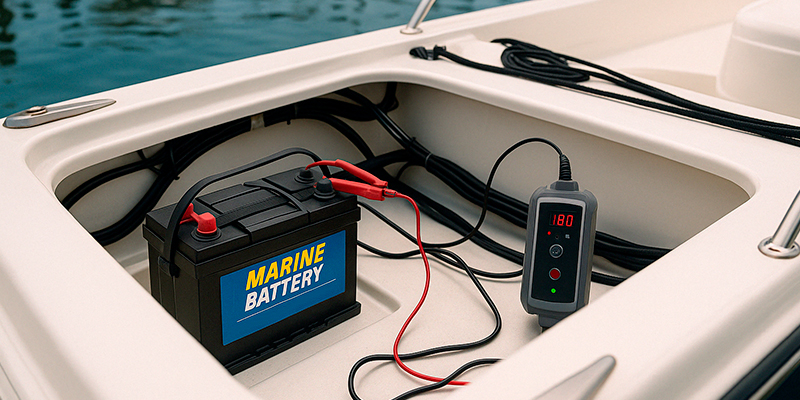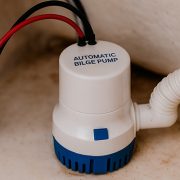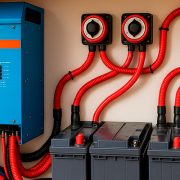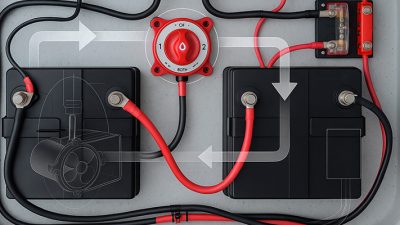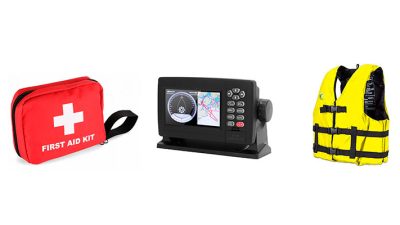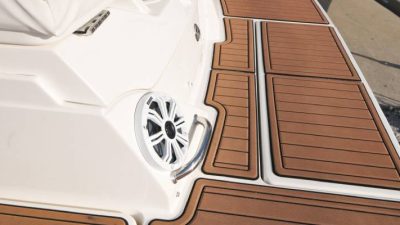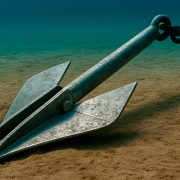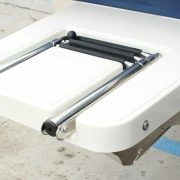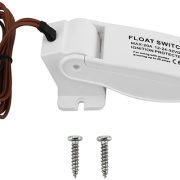Knowing how long it takes to charge a marine battery helps you plan safe and reliable boating trips. The charging time depends on the battery type, charger output, and state of discharge. Understanding the process can also extend the battery’s life and prevent performance issues on the water.
Battery Type and Capacity Matter
The most common marine batteries are deep cycle and dual-purpose. They range in capacity from 50Ah to over 200Ah. A higher amp-hour (Ah) rating means more energy storage—but also longer charging time.
Lead-acid, AGM, and lithium batteries all behave differently:
- A 100Ah lead-acid battery at 50% charge will need about 50Ah to be fully recharged
- AGM batteries accept charge faster than standard flooded batteries
- Lithium marine batteries charge quicker and more efficiently but require compatible chargers
Charger Output Determines Speed
The amperage output of your marine charger directly affects how long charging will take. A 10A charger will take roughly five hours to deliver 50Ah. Higher-output chargers reduce this time significantly.
Example charging times for a 100Ah battery at 50% discharge:
- 10A charger: 5–6 hours
- 20A charger: 2.5–3 hours
- 30A charger: 1.5–2 hours
Charging Efficiency and Battery Condition
Old, damaged, or neglected batteries often take longer to charge. Temperature also affects charging — extreme heat or cold slows things down.
Using a smart marine charger helps the battery move safely through the stages of bulk, absorption, and float, improving both efficiency and battery life.
Best Practices to Reduce Charging Time
- Use a charger matched to your battery type (AGM, flooded, lithium)
- Charge the battery after each outing
- Clean terminals and check fluid levels if using flooded types
- Avoid deep discharges — shallow cycles are better
- Store batteries in moderate temperatures
- Use a multi-bank charger if you have more than one battery
Conclusion
Charging a marine battery can take anywhere from 1.5 to 10 hours depending on battery capacity, charger output, and battery condition.
Investing in a quality marine charging system and maintaining your batteries properly will ensure faster, safer charging and better performance on the water.
Always refer to the manual for both the battery and the charger to follow the correct procedure for your specific setup.

